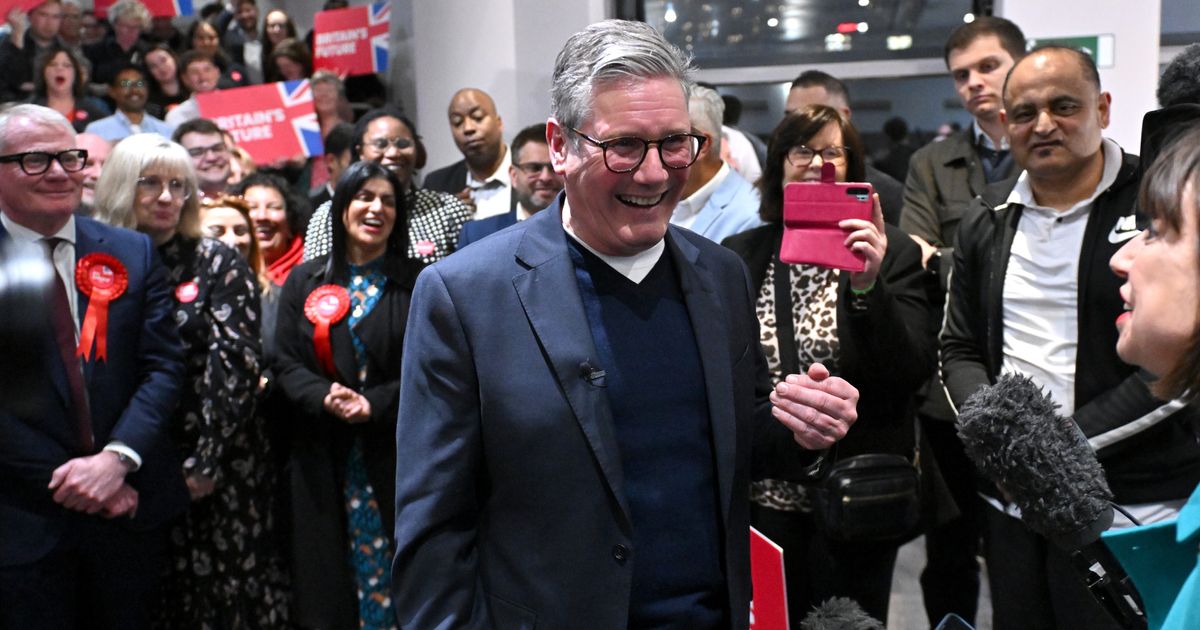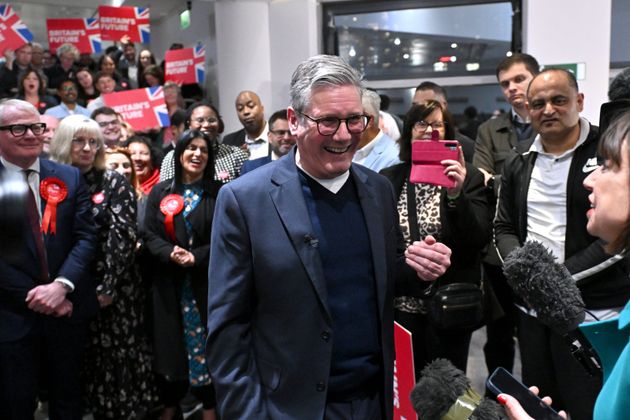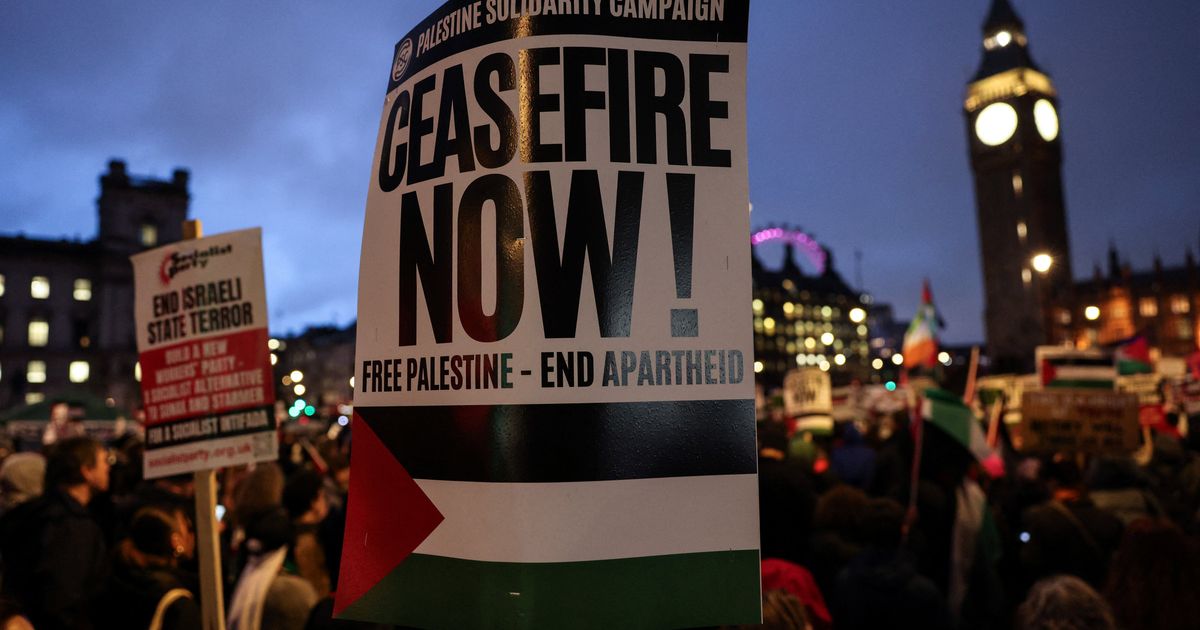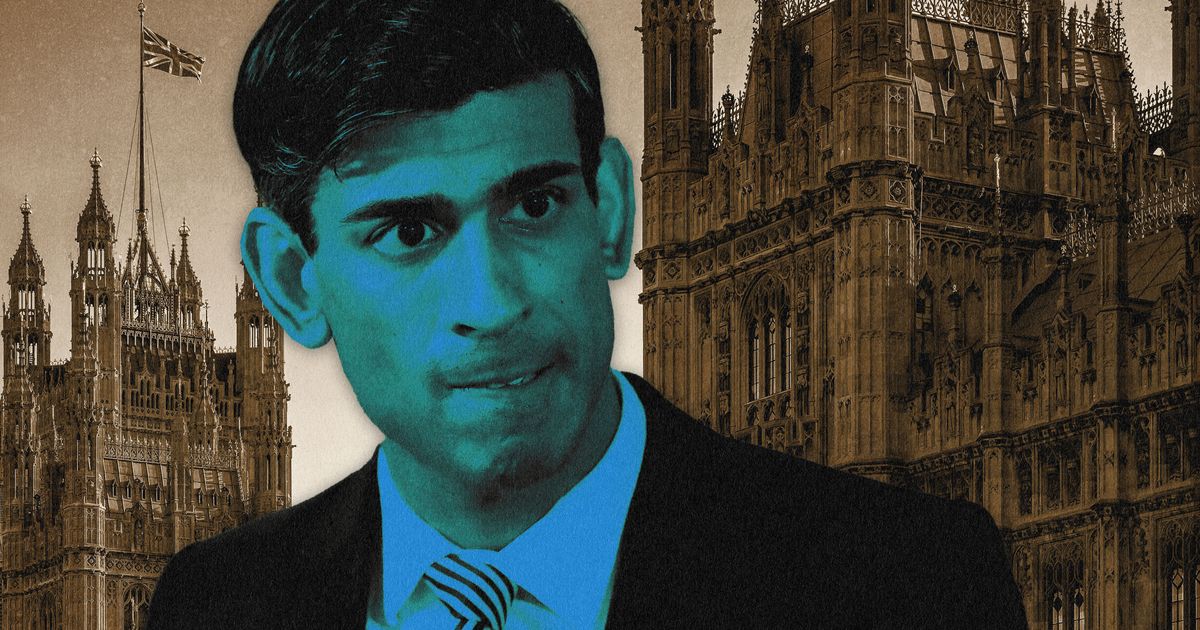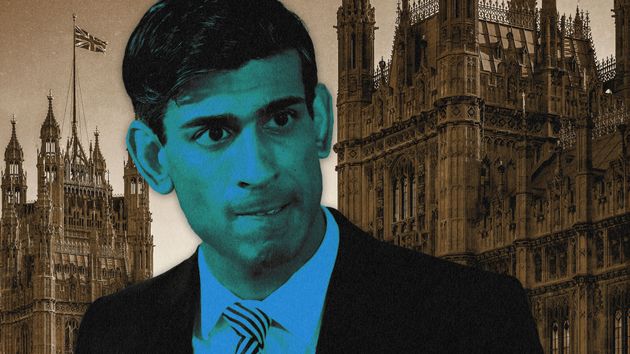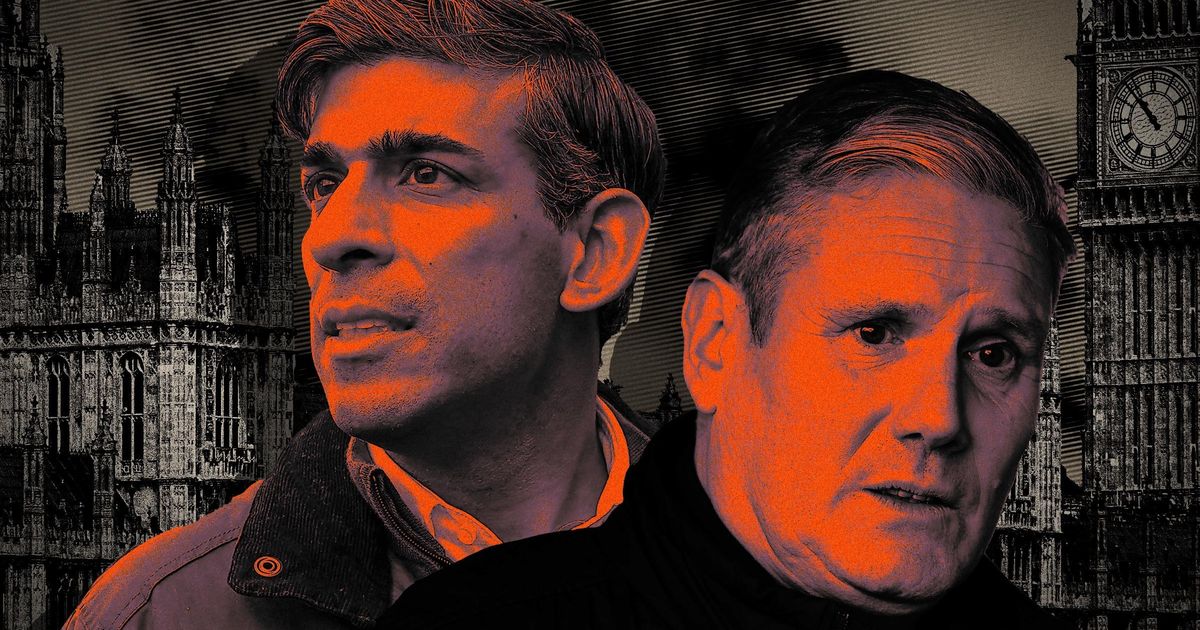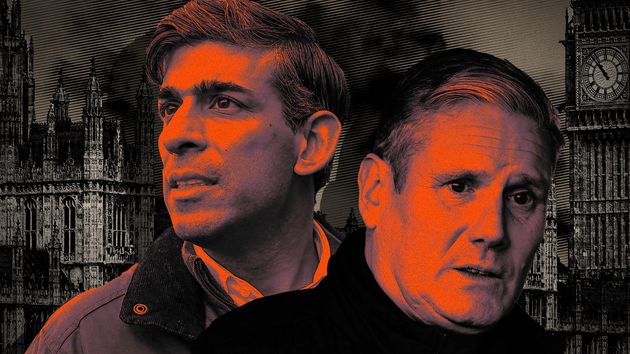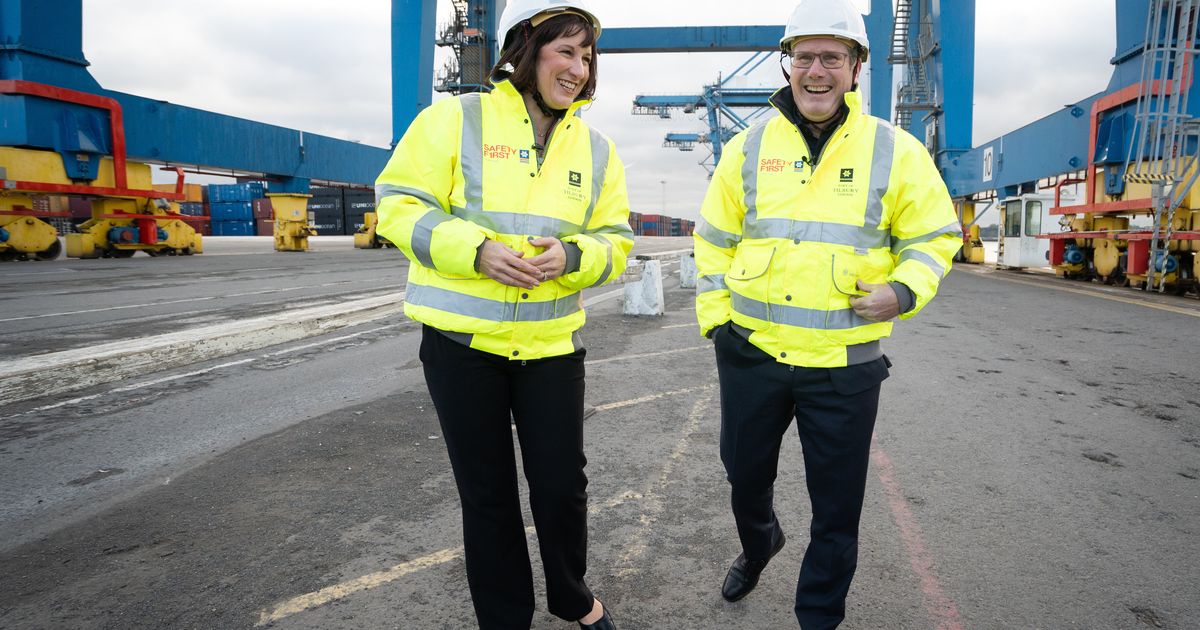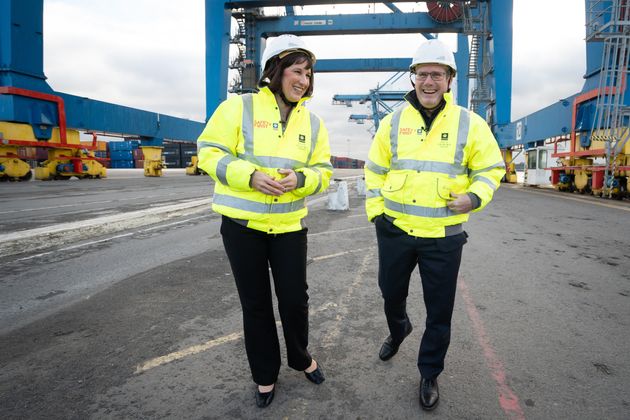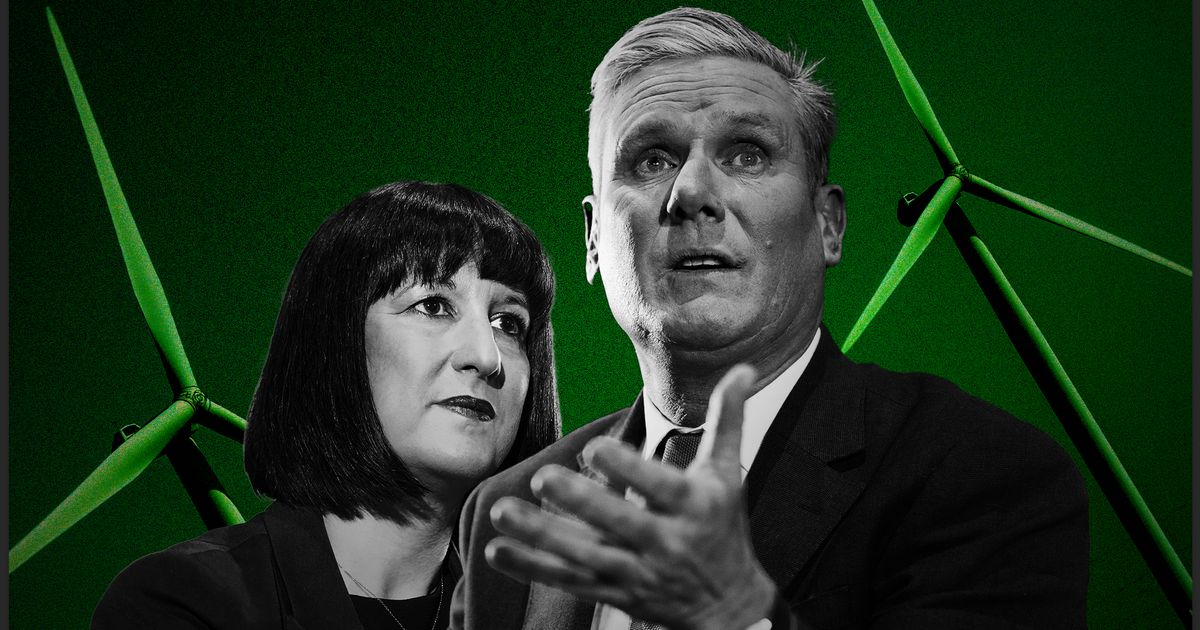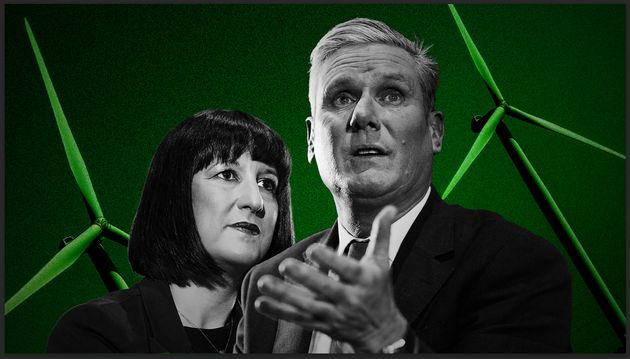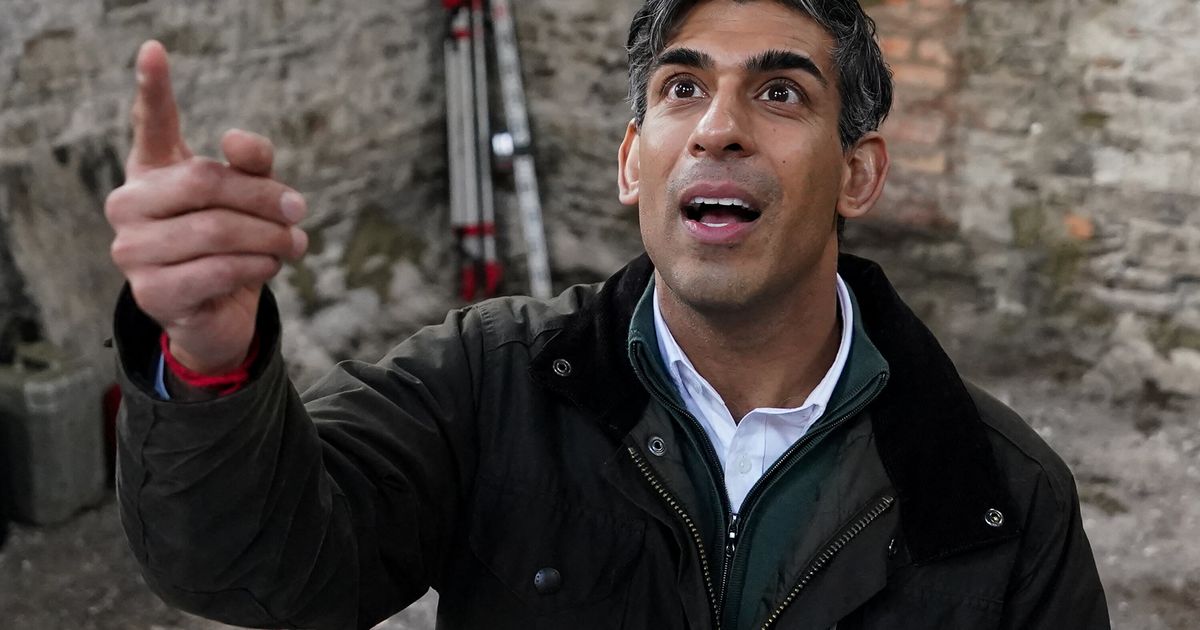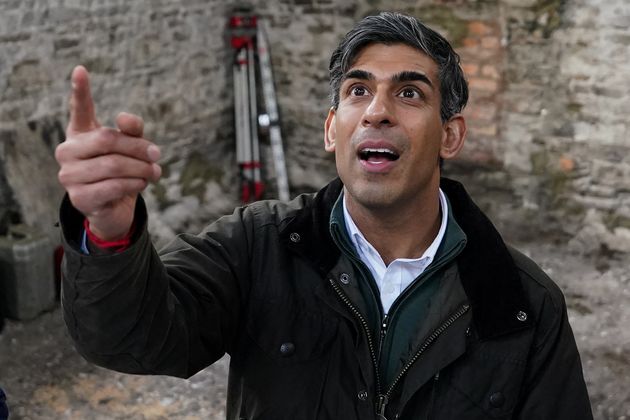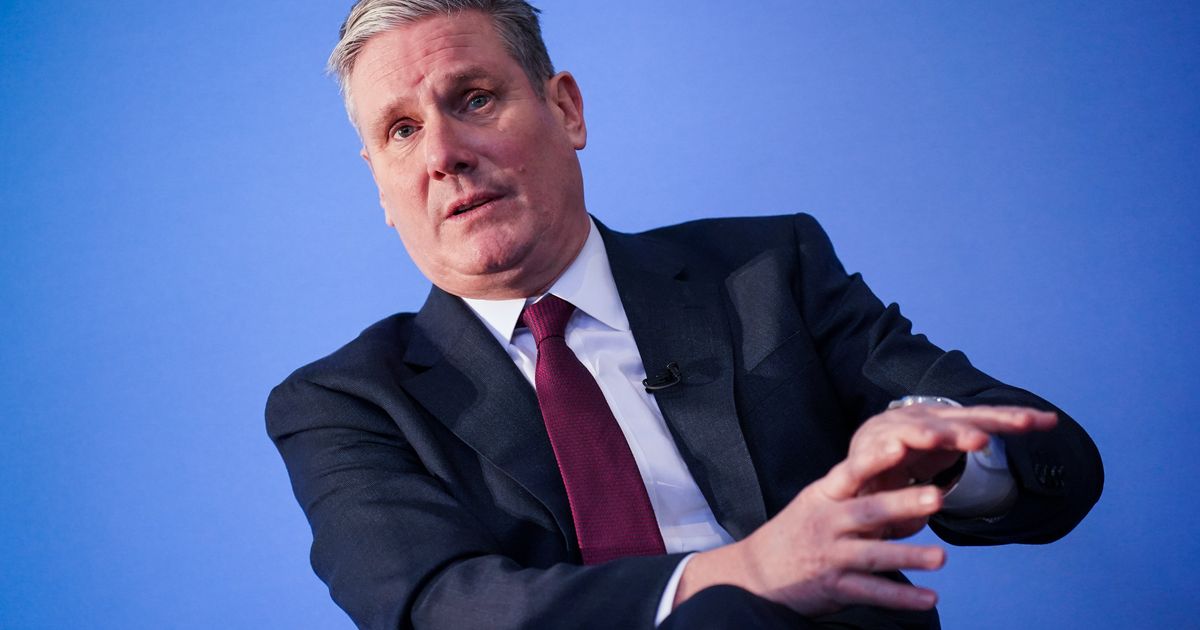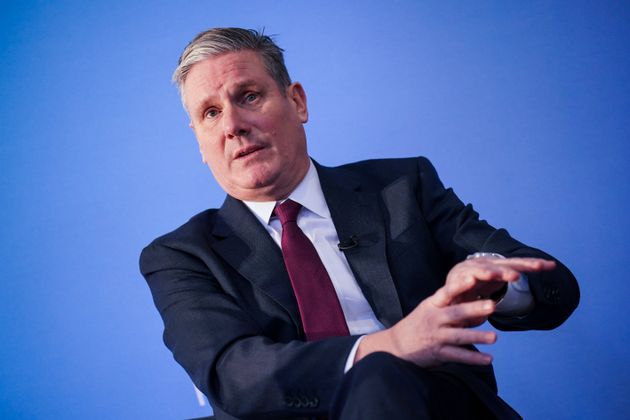For three days, it looked as though Rishi Sunak was having the rarest of things for him – a good week.
Keir Starmer was under the cosh over Labour’s woes in Rochdale and, despite predictions to the contrary by economists, inflation did not go up again when the latest figures were published on Wednesday.
But all that changed at 7am the next day.
That was when the Office for National Statistics (ONS) confirmed that the UK economy had shrunk by 0.3% in the final quarter of last year.
Added to the 0.1% contraction in the three months before, it means the country was officially in recession – the very thing the prime minister had promised would not happen.
Then, in the early hours of Friday morning, the Tories lost two by-elections to Labour in previously-safe seats.
And while that was not wholly unexpected, the scale of the defeats – especially in Wellingborough – confirmed the party’s worst fears.
“This has been the position for 18 months and it’s showing no sign of changing,” one former Tory cabinet member told HuffPost UK then.
“The by-election results have just confirmed how bad things are, but maybe more people will now realise it.”
Election expert Sir John Curtice said the Tories were “staring defeat in the face at the general election”, not least because the party is leaking voters to both Labour and Reform UK.
The right-wing party secured 10% of the vote in Kingswood and 13% in Wellingborough – numbers to send a chill down the spine of many Conservative MPs nervously eyeing their own majorities.
“Reform UK now have begun to put votes in the ballot box,” Curtice said.
“The problem that means for the Conservatives is that for every one voter who is switching to Labour, there’s now another one who’s switching to Reform.
“It means that that coalition of pro-Brexit voters that took Boris Johnson to victory in 2019 is just fragmenting further as Reform threatens to take more votes away from the Conservatives.”
The end result, Curtice said, is that “Sir Keir Starmer looks as likely to be the next prime minister as he did 24 hours ago, if not more so”.
That is despite the Labour leader enduring one of his worst weeks since taking on the job nearly four years ago.
With the U-turn on the party’s pledge to spend £28 billion a year on green energy projects still fresh in the memory, its campaign in the upcoming Rochdale by-election went up in smoke.
A recording of Labour candidate Azhar Ali accusing Israel of allowing the October 7 attack by Hamas to take place as a pretext to invading Gaza was leaked to the Mail on Sunday.
Ali issued a full apology and, initially, the party opted to stand by him.
But as Starmer swithered over what to do, more audio from the same event emerged in which Ali referred to Jewish people working in the media. Within hours, Labour had withdrawn their support for him, although it is too late to remove him from the ballot paper.
HuffPost UK has been told that the party was initially urged not to axe Ali by Jewish groups, who feared it would hand an open goal to George Galloway, who is also standing in Rochdale for his British Workers Party.
“They don’t want Galloway in the Commons spreading his poison,” said one source.
The Labour leadership considered announcing that their candidate would not take the party whip if he won, and would also not stand at the general election. However, the emergence of the second recording made his position untenable.
“If George Galloway was not a candidate then it would have been a much easier decision,” said one senior Labour insider.
“But showing that we’re serious about tackling anti-Semitism and prioritising that above a by-election victory is a good message for us to get out there.”
One senior Tory MP said there was no chance of his party benefiting from the controversy.
“Rochdale is a bubble issue – it just doesn’t resonate outside Westminster,” he said.
The last 48 hours also appear to have put paid to any lingering chance that Sunak might opt for a May election, the reasoning being that by going long there is always the chance of something coming up to get the Tories back in the race.
But one veteran backbencher said: “I’ve always been in favour of a May election as it’s our best chance of getting a decent number of Tory MPs back.”
The Conservatives have now been reduced to warning their former supporters that a vote for Reform simply increases the chances of a Labour government by splitting the right-wing vote.
That has led to Labour attacking Reform by insisting the party failed to meet expectations in the by-elections.
One insider said: “13% in Wellingborough is an under-performance for them. Ukip came second there in 2015 with 19.6%.”
But a Reform source told HuffPost UK: “We doubled our best ever result twice in one night, did better than our national polling average from a standing start, and without the clout, people, money, national recognition or local knowledge that Labour have.
“If that’s underperformed, they better watch out for when we get into our stride.”
For Sunak, however, the prospect of the Tories getting into their stride this side of the general election seems like a distant one.
The PM is fond of warning that a Labour government would take the country “back to square one”.
Ironically, at the end of a week which initially seemed to be going well, that is precisely where he has ended up.




